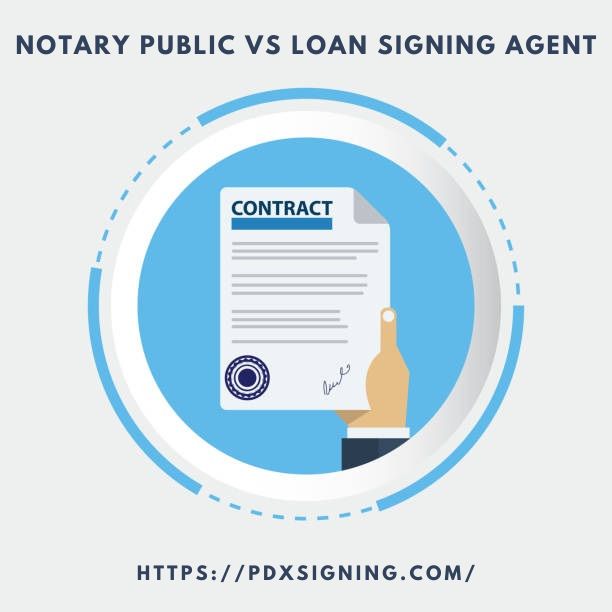Notary Publics Vs. Loan Signing Agents
When it comes to certifying documents and signatures, both notaries public and loan signing agents offer vital services. Although many notaries have the authority to serve as loan signing agents (LSAs), notaries are not necessarily able to perform all of the same responsibilities as an LSA. So when it comes to a loan signing agent vs notary public, what is the distinction?
A notary public is a state-appointed official who verifies the identity of signers and witnesses of legal documents and administers oaths. Notaries are responsible for ensuring that the signers of documents are who they claim to be, are signing the document of their own free will, and are aware of the contents of the document. Notaries are commonly used in real estate transactions, wills, and powers of attorney.
A loan signing agent, on the other hand, is a specialized type of notary public who is trained to handle loan documents. Loan signing agents are responsible for guiding borrowers through the loan signing process and ensuring that all documents are signed correctly and in compliance with state and federal regulations. Loan signing agents are commonly used in mortgage refinancing, home equity loans, and other types of real estate transactions.
In summary, while both notaries public and loan signing agents deal with legal documents, notaries are more general and handle a wider range of documents, while loan signing agents specialize in handling loan documents.



Comments
Post a Comment